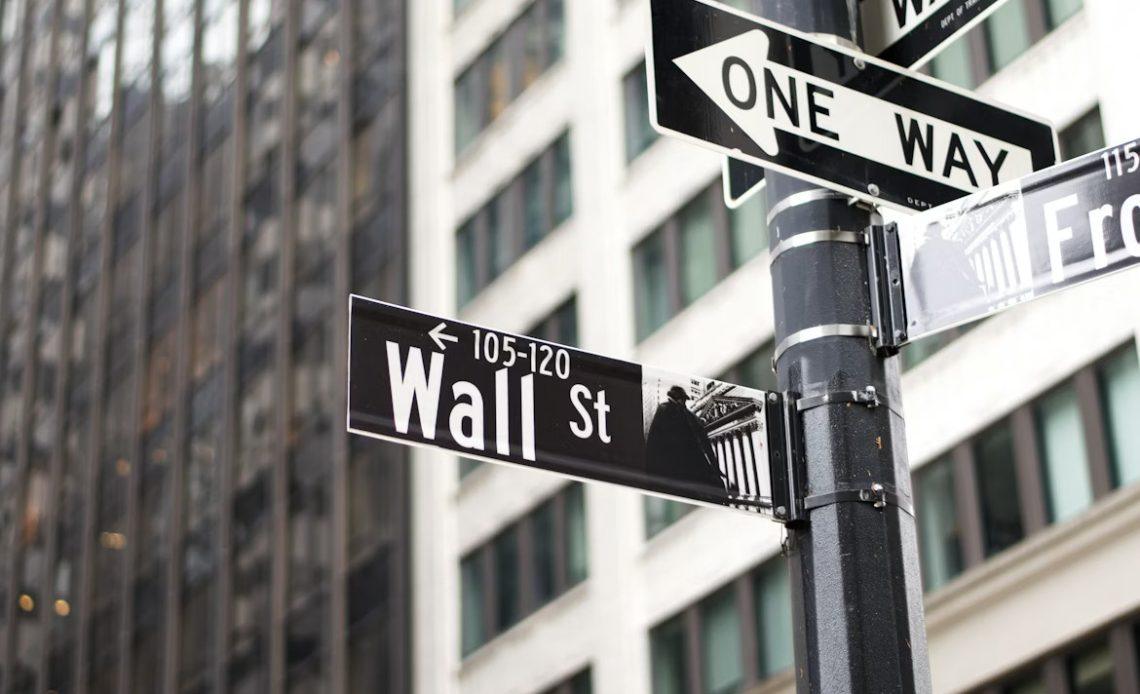The US stock market has done incredibly well over the past seven months, with the S&P 500 index currently up more than 30% versus its year-to-date low in early April.
Much of this rally is attributed to enthusiasm around artificial intelligence (AI), data infrastructure, and resilient consumer spending.
But Jeffrey Gundlack – the chief executive of DoubleLine Capital – isn’t buying the optimism.
On Bloomberg’s “Odd Lots” podcast recently, the veteran bond investor said the current market is “among the least healthy” he’ seen in his decades-long career, urging investors to hold at least 20% of their portfolios in cash to brace for a potential downturn.
Why Gundlach sees the stock market as unhealthy
Despite strong index performance, Gundlach believes speculative froth is distorting valuations.
He pointed to AI-related stocks and data-center investments as areas of “excess,” – warning that momentum-driven buying during boom cycles often ends poorly.
“It’s dangerously speculative,” he said on the podcast, adding that many assets appear “extremely overpriced.”
Gundlach’s comments come as investors continue to pile into the high-flying US tech stocks, even as earnings multiples stretch and macro risks mount.
His critique echoes broader concerns about narrow market leadership and the sustainability of AI-driven growth narratives. In short, Gundlach sees artificial intelligence as a bubble and expects an imminent burst to drag the entire stock market with it in 2026.
Gundlach dubs private credit the next big crisis
Beyond equities, Jeffrey Gundlach flagged private credit as a looming systemic risk on the podcast.
The $1.7 trillion market – where nonbank lenders extend capital directly to companies – is growing rapidly, but he believes underwriting standards are deteriorating.
“The next big crisis in the financial markets is going to be private credit,” the veteran warned.
Gundlach likened current practices to the subprime mortgage packaging of 2006, citing recent failures like Tricolor and First Brands Group as early signs of stress.
The bond market expert also criticized the push to market private credit funds to retail investors – calling it a “perfect mismatch” given the illiquidity of the underlying assets.
How Gundlach recommends allocating heading into 2026
Other than 20% in cash, Gundlach continues to favour allocating capital in gold. However, he has trimmed his recommendation for bullion as well from 25% to 15%, citing challenges in monetising bearish views.
According to him, “shorting junk bonds hasn’t worked” – underscoring the difficulty of profiting from contrarian positions in today’s market.
On the Bloomberg podcast, he also reiterated concerns about inflation, particularly the impact of tariffs on import prices, which could keep price pressures elevated.
Taken together, Jeffrey Gundlach’s outlook suggests a cautious stance: increased cash holdings, lower exposure to speculative assets, and skepticism toward credit markets that appear increasingly fragile heading into the new year.
The post Jeffrey Gundlach dubs stock market ‘least healthy’ he’s seen in his career appeared first on Invezz







